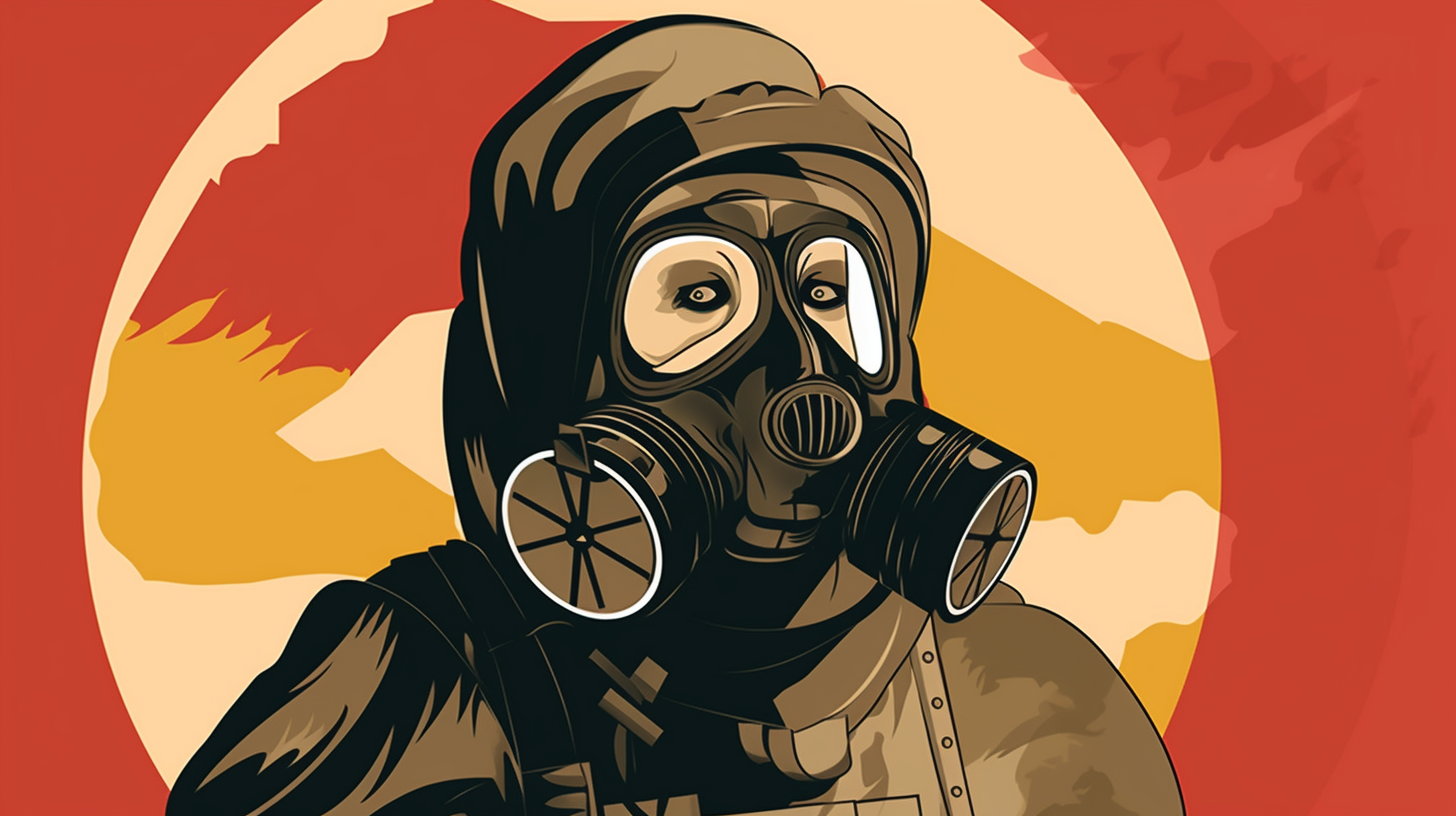Parsing Russia's Dirty-Bomb Warnings
Russian propaganda may be brutally clumsy, often to the point of being comical, but it often serves multiple purposes beyond those obvious in superficial analysis that are worth considering.

It is being widely-reported that Russian Defense Minister Sergei Shoigu warned that Ukraine was preparing to use the weapon in a recent call with the Defense Ministers of the US, UK, France & Turkey. This is first and foremost absolute nonsense and anyone not in the thrall of Russian propaganda immediately knows this. However, these narratives serve other purposes and we should guard against our conditioned response to either take them at face value or over-index on the risk that Russia is setting the stage for a false-flag attack.
Now I know that I say that in an environment where Russia keeps demonstrating that it is capable of nearly any monstrosity. They, of course, know this as well. So the risk is always there that Russia will do the worst thing imaginable. They like it that way. It is very intentional. They absolutely could stage a false-flag attack and pin the blame on Ukraine. They could also overtly employ a dirty-bomb themselves or go straight to tactical nukes. Russia is capable of virtually every terrible thing that you can envision. The Russian government is only guardrailed by the perceived risk of consequences for their actions - not the morality of their actions. In this way their extreme behavior and propaganda narratives reinforce each other.
That aside, I think it's wise to consider the more subtle (if that word can be used in a piece about Russia) ways that this narrative supports their military aggression and political goals. Here are a just few to consider:
- This reinforces Russia's equally ridiculous claim that Ukraine is governed by extremists
- It supports Russia's victim complex
- It justifies Russian brutality
- It ratchets up fear of a false-flag attack. Instilling fear of catasropic escalation in an effort to make the enemy back down has long been a core goal of Russian propaganda.
- It fuels disnformation networks, both directly controlled and aligned, with content
- It creates additional noise and risks that Ukraine and its allies have to resource even if the risk of a false-flag attack is considered low
So, like the nuclear problem, the risk is not zero. But at the moment this looks like supporting content for Russia's continued escalation of more conventional war crimes and not foreshadowing for the introduction of a new weapon. Could that change? Sadly, at any moment. That's why this messaging works and it is why Russia presents such a danger to the world.
